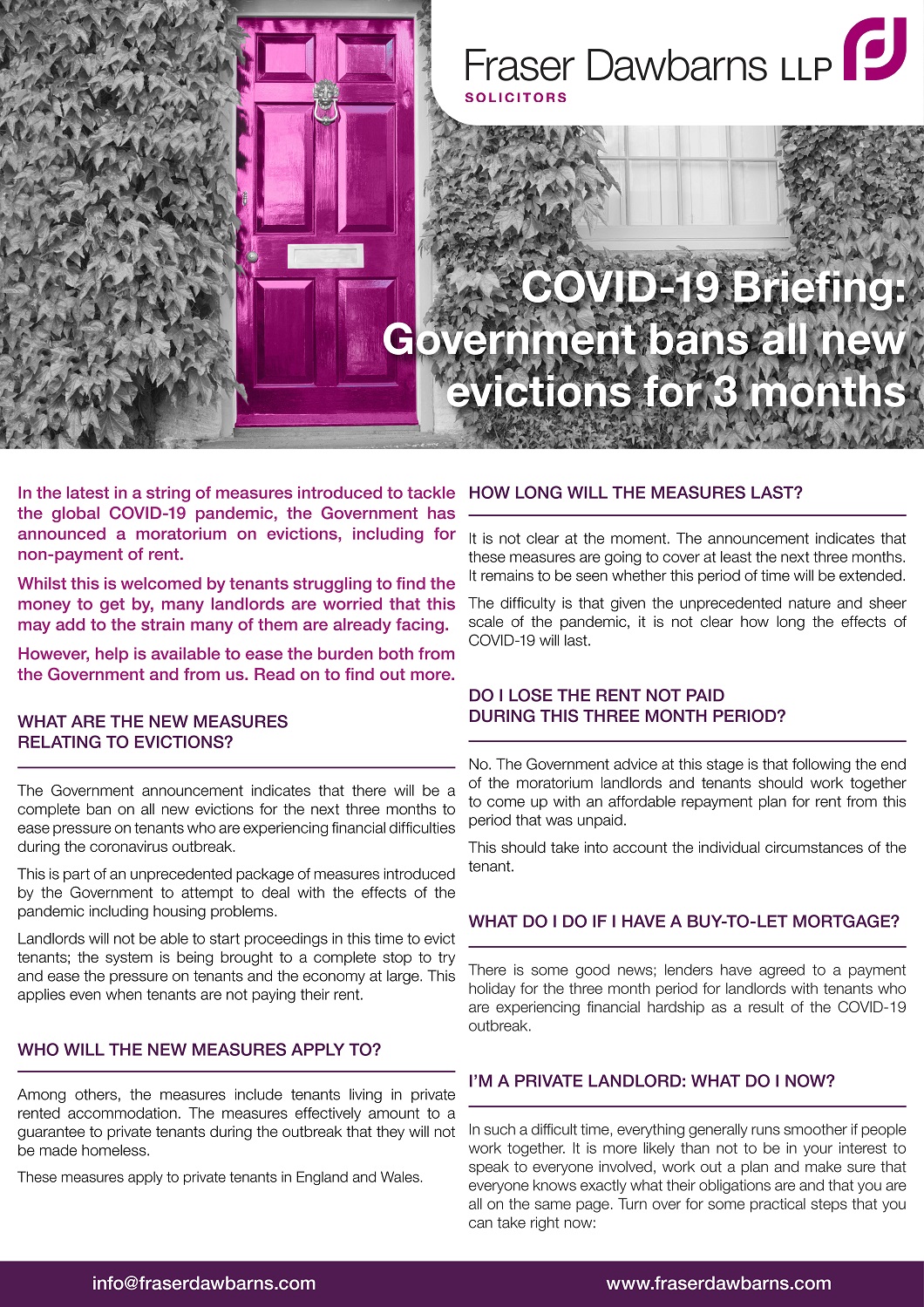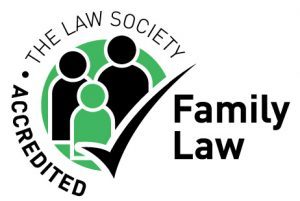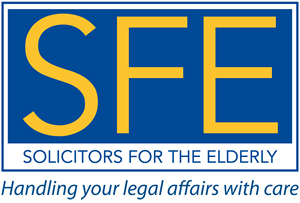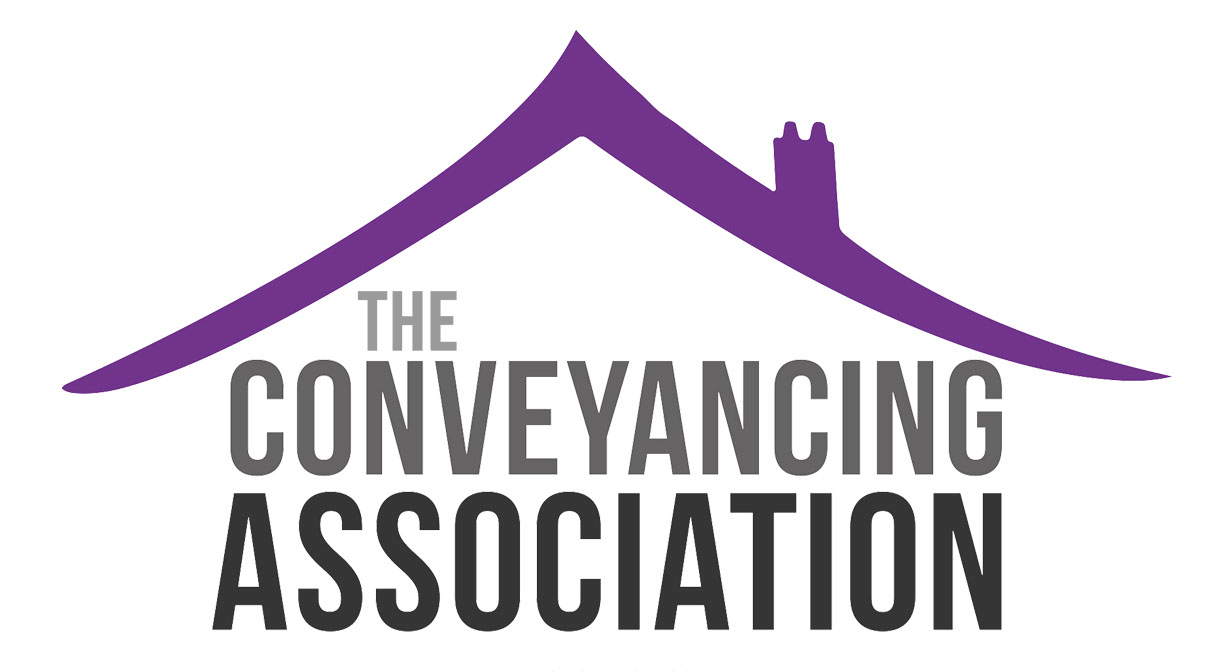COVID-19 Briefing: Three Month Ban on Evictions
In the latest in a string of measures introduced to tackle the global COVID-19 pandemic, the Government has announced a moratorium on evictions, including for non-payment of rent. Whilst this is welcomed by tenants struggling to find the money to get by, many landlords are worried that this may add to the strain many of them are already facing. However, help is available to ease the burden both from the Government and from us. Read on to find out more.
What Are The New Measures Relating To Evictions?
The Government announcement indicates that there will be a complete ban on all new evictions for the next three months to ease pressure on tenants who are experiencing financial difficulties during the coronavirus outbreak. This is part of an unprecedented package of measures introduced by the Government to attempt to deal with the effects of the pandemic including housing problems.
Landlords will not be able to start proceedings in this time to evict tenants; the system is being brought to a complete stop to try and ease the pressure on tenants and the economy at large. This applies even when tenants are not paying their rent.
Who Will The New Measures Apply To?
Among others, the measures include tenants living in private rented accommodation. The measures effectively amount to a guarantee to private tenants during the outbreak that they will not be made homeless. These measures apply to private tenants in England and Wales.
How Long Will The Measures Last?
It is not clear at the moment. The announcement indicates that these measures are going to cover at least the next three months. It remains to be seen whether this period of time will be extended. The difficulty is that given the unprecedented nature and sheer scale of the pandemic, it is not clear how long the effects of COVID-19 will last.
Do I Lose The Rent Not Paid During This Three Month Period?
No. The Government advice at this stage is that following the end of the moratorium landlords and tenants should work together to come up with an affordable repayment plan for rent from this period that was unpaid. This should take into account the individual circumstances of the tenant.
What Should I Do If I Have A Buy-To-Let Mortgage?
There is some good news; lenders have agreed to a payment holiday for the three month period for landlords with tenants who are experiencing financial hardship as a result of the COVID-19 outbreak.
I’m A Private Landlord: What Do I Now?
In such a difficult time, everything generally runs smoother if people work together. It is more likely than not to be in your interest to speak to everyone involved, work out a plan and make sure that everyone knows exactly what their obligations are and that you are all on the same page. Below are some practical steps that you can take right now:
1. Call your tenants about the COVID-19 outbreak
Like with the virus, prevention is better than cure when it comes to legal disputes, so it is best to have an open and honest conversation with your tenants about any financial difficulties they are facing. Work together with them so that both sides appreciate the difficulty faced by the other. Reassure your tenants that you understand it is a difficult time for them, and if it seems that they won’t be able to meet their rental obligations due to the pandemic, agree in principle with them that once the moratorium is over they will pay any rent that is unpaid.
If you agree to reduced rent or to a rent free period, make it clear in writing that you are not waiving your right to this rent, but only delaying the payment until the end of the moratorium.
2. Speak to your lender
As with your tenants, speak to your lender if your tenants will not be able to pay some or all of their rent for the next three month period. Explain any difficulties this may create in meeting your mortgage repayments and speak to them about the three month moratorium. If possible, get any agreement to the payment holiday in writing from your lender.
3. Keep accurate, detailed and up-to-date Records
Make sure you keep a record of all your conversations in case a dispute arises later on as this can be valuable evidence. Also ensure that you record how much rent is due on what date as well as what, if anything, you received (backed up with evidence, e.g. bank statements).
4. Speak to Fraser Dawbarns
We absolutely understand how difficult the market has been for landlords in recent years and particularly in the wake of the COVID-19 outbreak. Even if you don’t want us to do anything, it is never a bad idea to let us know that you have been affected by the outbreak so we can offer some preliminary advice on what you should be doing.
That way when the moratorium ends we will already understand your circumstances which is invaluable should you need our help in getting back any lost rent, drafting repayment agreements or evicting a tenant. We know this is a very difficult time for landlords, but we are here to help even if you just want a quick chat for some reassurance. If in doubt, call us; we’re always happy to help.
Peace of Mind through difficult times
In uncertain times, the only thing we can say for certain is that nothing will stay the same for long.
It is entirely possible, therefore, that new legislation will have been introduced which will mean that all or part of this briefing no longer reflects the current law.
Because of this, we ask you to consider that, although correct at time of printing, information in this sheet may no longer be up to date and it is always best practice to consult with a lawyer about anything contained in this briefing.
Our lawyers are available to help answer any of your questions about this or any other legal concern you have.
Please contact Fraser Dawbarns directly for up-to-date information on your specific circumstances.
This Guide was prepared on 30th March 2020
New laws are being introduced and current legislation is regularly being updated. Although every effort has been made to ensure that information contained in this sheet is accurate, it may no longer be current at the time of reading. We strongly recommend consulting with a lawyer about your specific circumstances.
Read our Other COVID-19 Briefings
Our COVID-19 Guides contain useful information on how the coronavirus pandemic and the lockdown have affected legal services and everyday life across the UK.
- Extension to Stay on Residential Posessions
- Could an LPA Have Helped Me During the Lockdown?
- Dispute Resolution During the Pandemic
- Force Majeure and Frustration
- Coronavirus and Business Interruption Insurance
- Winding Down the Furlough Scheme
- Child Maintenance on a Reduced Income
- Reopening the Housing Market
- Life After Furlough
- The Changing Face of Litigation
- Holding Company Meetings During Lockdown
- Recovering Debts While Under Lockdown
- Making or Amending a Will Under Lockdown
- Commercial Lasting Powers of Attorney
- Child Contact and the Coronavirus Lockdown
- Commercial Tenancies and Rights of Forfeiture
- Guidance for Employers and Employees
Related Articles
Recommended By The Legal 500 Directory*
*We are recommended for the following practice areas: Corporate and Commercial, Debt Recovery, Employment, Personal Injury: Claimant, Agriculture and Estates, Contentious Trusts and Probate, Family, Personal Tax, Trusts and Probate & Commercial Property.
ServicesContact



















